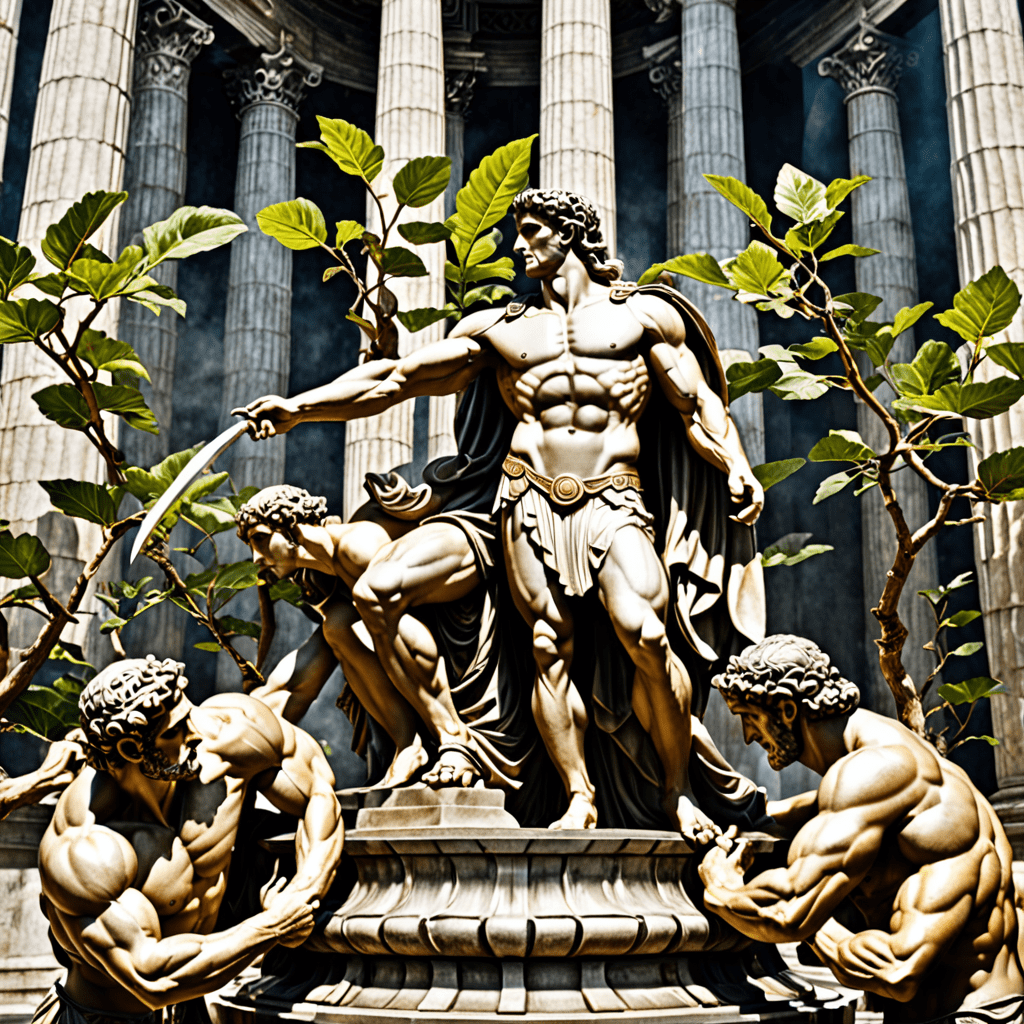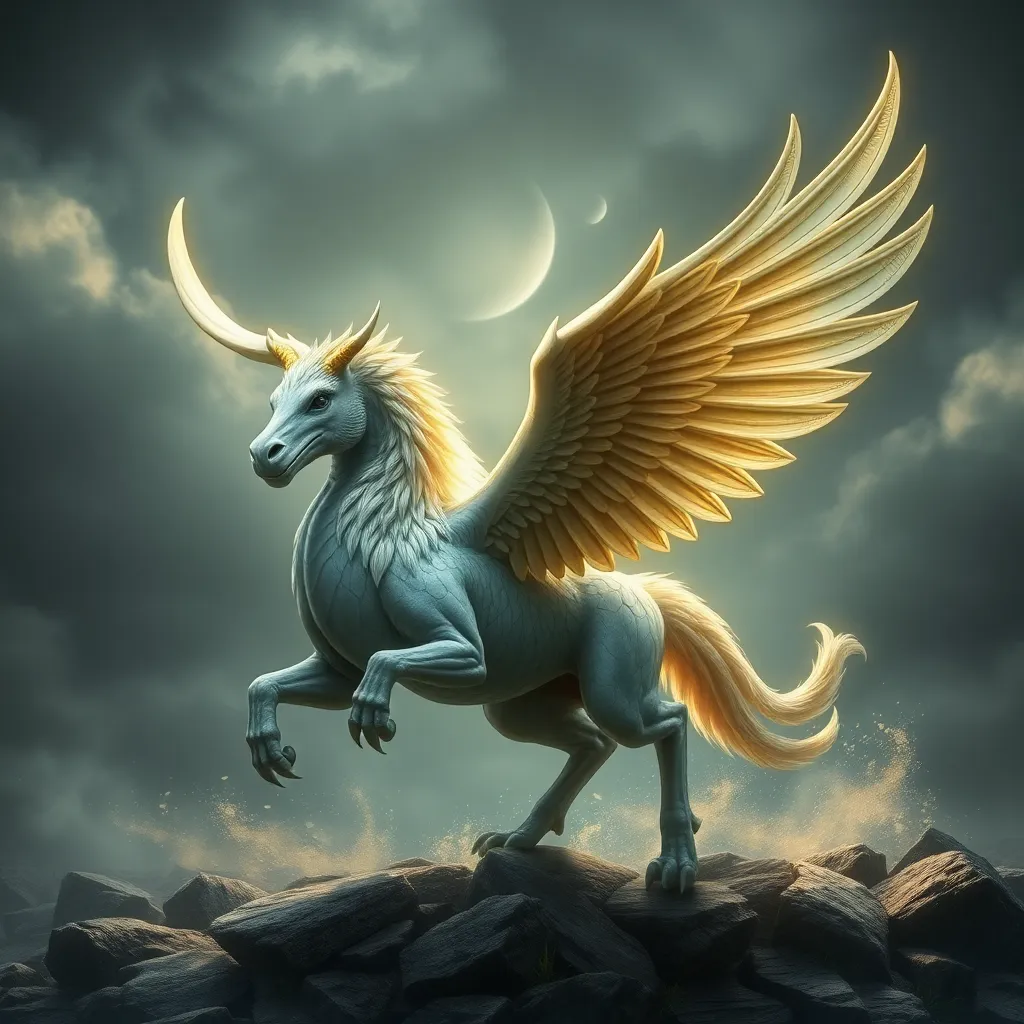The Symbolism of Growth and Expansion in Roman Mythology
Roman mythology is rich in symbolism that reflects various aspects of life, including the themes of growth and expansion. In Roman myths, gods, goddesses, and legendary figures often embody these concepts, which can provide valuable insights into the belief systems and values of ancient Rome.
The Role of Ceres in Fertility and Agricultural Growth
One prominent figure symbolizing growth and expansion in Roman mythology is Ceres, the goddess of agriculture, grain crops, fertility, and motherly relationships. Ceres was essential for the prosperity of the land and the growth of crops.
Her association with fertility and the harvest cycle highlighted the importance of agriculture and the cyclical nature of life. The story of Ceres searching for her daughter Proserpina, who was abducted by Pluto, and the subsequent negotiations leading to Proserpina spending part of the year in the underworld reflect the changing seasons and the cycle of growth and rebirth in nature.
The Expansionist Spirit of Mars, the God of War
Another significant symbol of growth and expansion in Roman mythology is Mars, the god of war. While Mars represents the destructive aspect of war, he also symbolizes the Roman expansionist spirit and the protection of Rome through military strength.
Mars was worshipped by soldiers before battle, and his legendary stories, such as the founding of Rome by Romulus and Remus, illustrate the close connection between war, expansion, and the establishment of new territories.
Janus: The God of Beginnings, Transitions, and Doorways
Janus is a unique figure in Roman mythology associated with duality, transitions, and doorways. As the god of beginnings and endings, Janus symbolizes growth and expansion through the passage of time and the transitions from one state to another.
A statue of Janus is depicted with two faces—one looking to the past and one to the future—which represents the ability to learn from history while embracing new opportunities for growth and expansion.
The Symbolism of Romulus and Remus in Rome’s Founding Myth
The myth of Romulus and Remus reflects the foundational narrative of Roman civilization and the belief in growth, expansion, and the divine origins of the city of Rome. According to the legend, Romulus and Remus, twin brothers raised by a she-wolf, founded the city of Rome.
As the city grew and prospered, the myth of its founders highlighted the themes of resilience, resourcefulness, and the pursuit of greatness, symbolizing the spirit of growth and expansion that characterized the Roman Empire.
Overall, the symbolism of growth and expansion in Roman mythology provides a profound insight into the values, beliefs, and aspirations of ancient Roman society, showcasing a world where gods and legends embody the eternal cycles of growth, renewal, and the inexorable march of progress.
FAQ: The Symbolism of Growth and Expansion in Roman Mythology
What does growth symbolize in Roman mythology?
In Roman mythology, growth symbolizes vitality, progress, and development. It often signifies the flourishing of individuals, communities, and empires, reflecting the cyclical nature of life and the continuous renewal of the world.
How is expansion depicted in Roman mythology?
Expansion in Roman mythology is portrayed as the extension of power, influence, and territory. It represents the conquest of new lands, the spread of culture, and the ambition for greater achievements, reflecting the Roman ideals of strength and dominance.
What mythological figures embody growth and expansion in Roman mythology?
Figures such as Ceres, the goddess of agriculture and fertility, symbolize growth through the nurturing of crops and the earth. Meanwhile, deities like Jupiter, the king of gods, embody expansion through their rule over the heavens and the vast realms of the universe.



